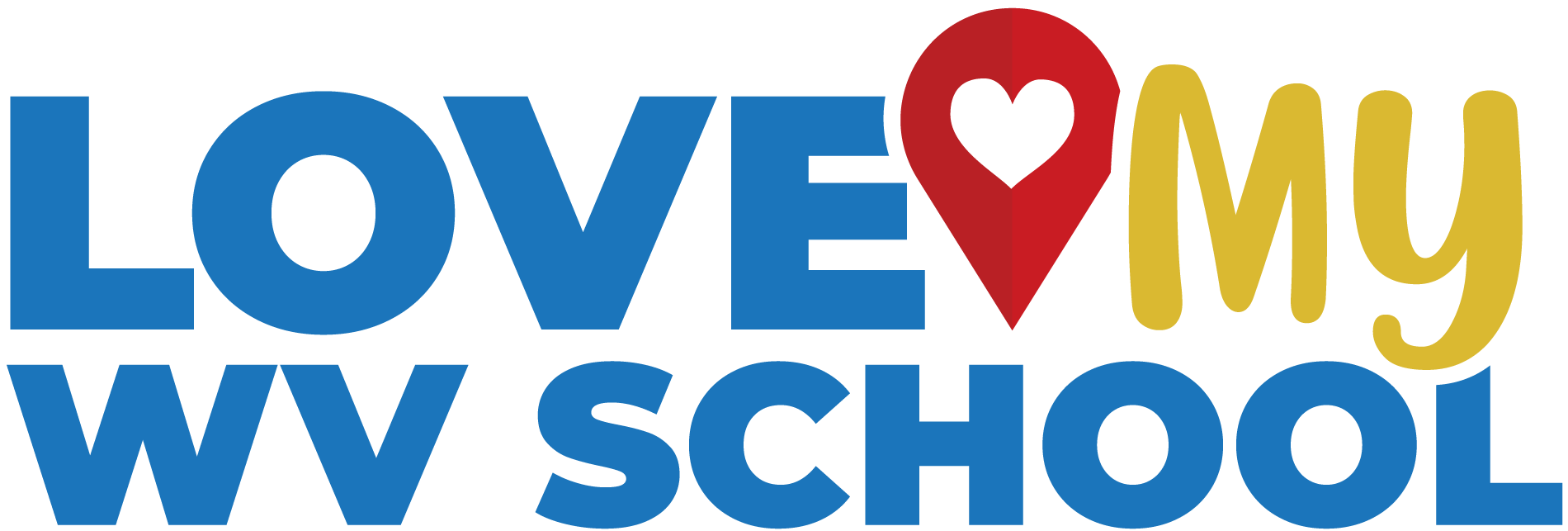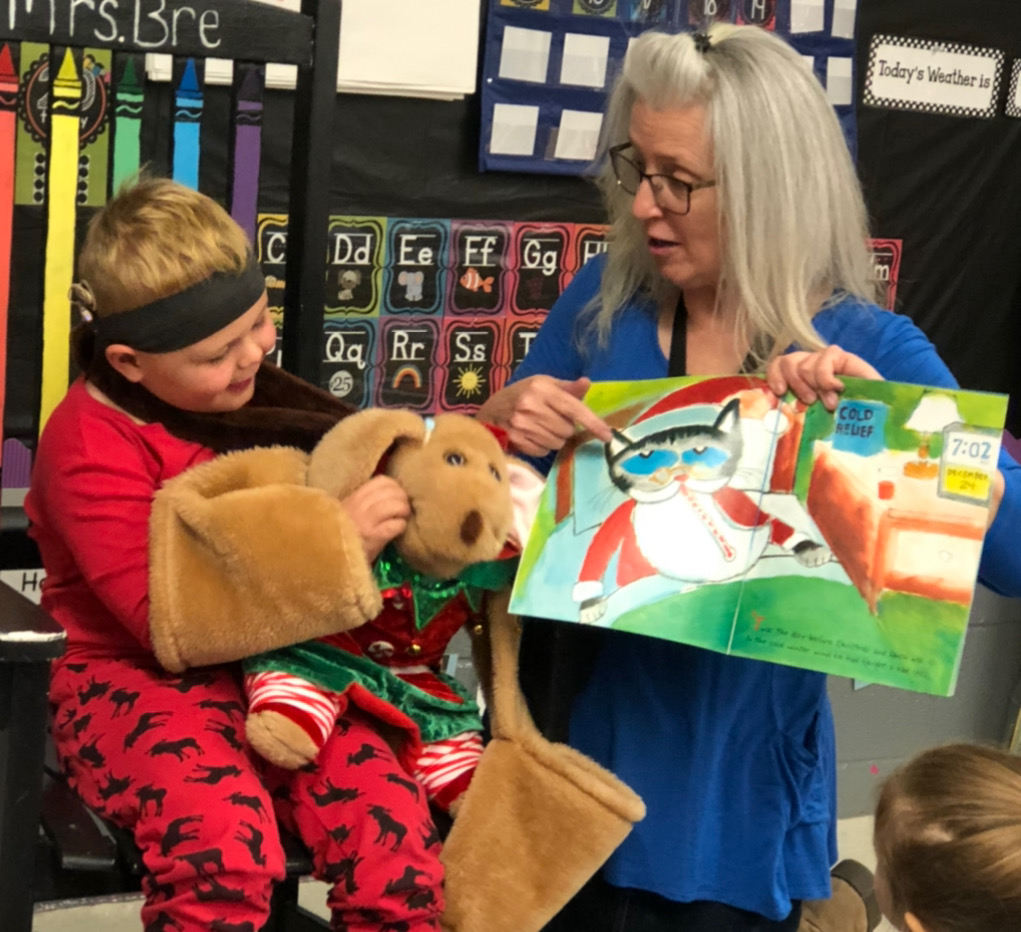In her own words, Angela Williams was drawn to the deaf. Many years ago, she worked with a rehabilitation program for adults with disabilities, and quickly realized how misunderstood this population can be.
“The more time I spent with this population, the more I longed to be a part of the solution. I want to be an advocate for what the deaf CAN do. Our D/HH students need specialized services to gain expressive and receptive language, to learn to be self-advocates and to eventually be independent learners. Without Deaf and Hard of Hearing interveners (educators), students may miss sparks of opportunities to become self-sufficient.”
Special education is a safety net for students who need specialized services to grow to their fullest potential, according to Williams. She said it’s not a benefit over their peers, but a plan put into place to help the student progress reasonably.
“Special Education is sometimes misunderstood, even by students who receive those services. Just because a student receives an Individualized Education Plan (IEP), it does not mean he/she is incapable of learning or cannot see progressions comparable to their peers,” Williams said. “What it does mean, is that there may be modifications or services put in place to close the gaps in the educational process of each individual child. For our deaf and hard of hearing students, it typically begins with communication.”
Forever passionate about her job, Williams said she is often able to begin working with her students in primary grades, and she is able to follow their progress until after graduation. She said the goal for all students is to encourage self-advocacy.
“As an educator, it is quite important to see students ‘make the grade.’ As a deaf educator, it goes far beyond reading, writing and math. When I begin working with students in elementary grades, I’m already asking – ‘what do you want to be when you grow up?’, ‘What kinds of games do you like to play?’ and ‘What do you like to do when you are not in school?’ I want to start fostering skills they already have for independence and provide guidance for remediation in other areas. Deaf educators teach communication, self-advocacy skills and strong independent living skills. It begins in the beginning.”
Photo caption: Angela Williams works with Liam Bennett, a kindergarten student at Maxwell Hill Elementary.


